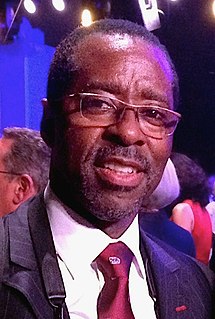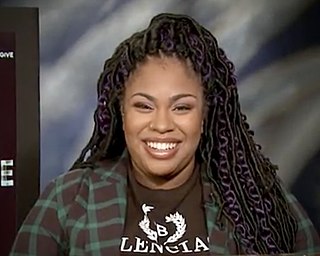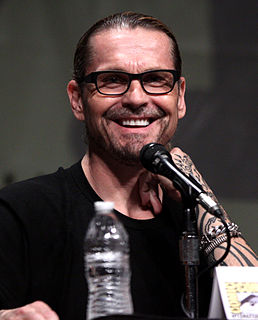A Quote by Courtney B. Vance
Around 1969, my family had just bought a house in a lower-middle-class white neighborhood two blocks away from school. Then, all of a sudden, all the white people left the neighborhood and the school.
Related Quotes
If you have an all-white neighborhood you don't call it a segregated neighborhood. But you call an all-black neighborhood a segregated neighborhood. And why? Because the segregated neighborhood is the one that's controlled by the ou - from the outside by others, but a separate neighborhood is a neighborhood that is independent, it's equal, it can do - it can stand on its own two feet, such as the neighborhood. It's an independent, free neighborhood, free community.
If you're going to compare a middle-income black kid with a middle- income white kid, and, say, you control for family background, family education, and family income, and if this middle-income black kid doesn't score as well as the white kid on the test, then I say, look, you haven't taken into consideration the cumulative effect of living in a segregated neighborhood and going to a de facto segregated school. You're denying a position at Harvard or some other place to a kid that really could make it. That's why I support affirmative action that's based on both class and race.
I'm sure everything has a bearing on what I'm doing. My family is a lower-middle-class family, there's lots of children, seven brothers, two sisters grew up together, fighting with each other, went to school. My mother went to school up to 4th grade. My father went to school up to 8th grade. So that's about the education level we had in the family.
I was brought up in a very naval, military, and conservative background. My father and his friends had very typical opinions of the British middle class - lower-middle class actually - after the war. My father broke into the middle class by joining the navy. I was the first member of my family ever to go to private school or even to university. So, the armed forces had been upward mobility for him.




































